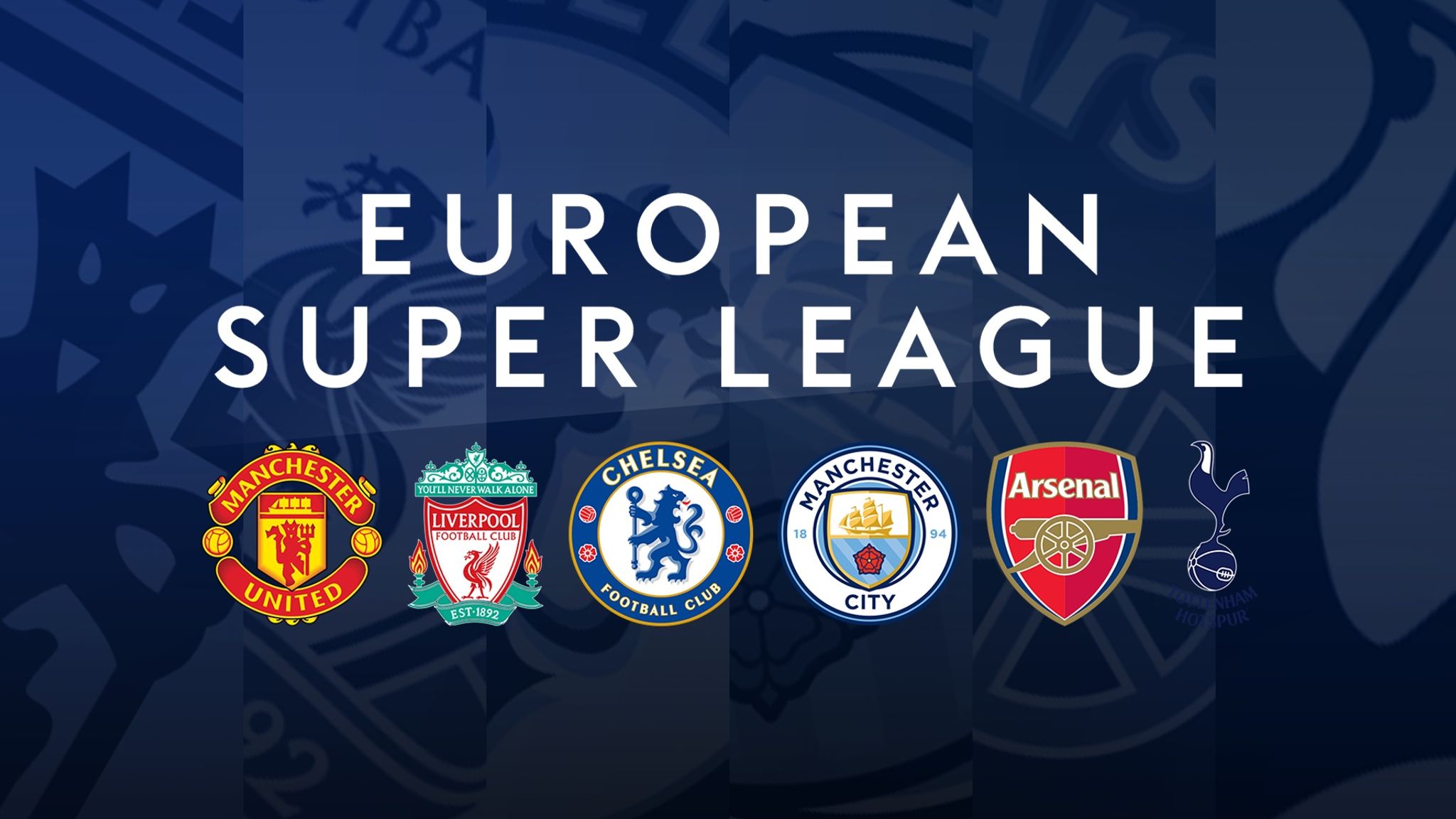European Super League, or whatever is the name they call themselves, is an idea whose time may have come.
The fracas around European Super League, or whatever is the name they call themselves, is an idea whose time may have come. In this specific context, it is important to hear Andreas Agnelli, Chairman of Juventus Football Club, one of the largest clubs in the world, where he clearly articulates the challenges around continuing with same revenue model where entities with the different commercial interest are unequal participants in the game.
The key question which arises is that whether Governing Bodies add value to the game or not, and are their interests the same as what the game wants, in the current world of digital revenue, speedy models, and fans whose proclivity to place these sports against their other pastimes like gaming for instance. Add to the mix, billion dollar enterprises, who have built loyal followings over the years, are listed in stock markets and have investors to answer to; and for better or for worse, have demonstrated over the years that they are committed to the game.
The top 15 clubs which purportedly signed up for this have close to 6 billion dollars in revenues, 600 million fans and more than 15 billion cumulative views of their matches over one year of football. In no other game, there is so much of club level support, with so little returns. Publicly listed clubs like Manchester United, Juventus, and Borussia Dortmund, earn less than 5 % of gross revenues in a good year as profit, and their Return on Equity (ROE) would not pass muster in any board room.
With digital and television outreach now becoming drivers of fandom, affiliation, and revenues eventually, the hypothesis that federations are required to build the game up from the grass roots is being tested, and being proven wrong in most cases. After all, what is UEFA, a loosely structured federation
The footballing system is being played if they think the owners had not envisaged the pushback we see today from smaller clubs, National Federations, and Fans. With so much of money following the game, it is unlikely that this scenario was not thought through. Even in a Covid invested world, there is a 6 billion investment package available to support this; and though the financial construct of that deal is still to emerge, there is not a better time to use the opportunity to present to the world that this needs to change. The fans and the smaller clubs’ anger is a great catalyst to show case the idea to the world and start working on the specifics of the deal.
Eventually for the system to work, smaller clubs will get a look in, and solidarity and parachute payments may be more generous than the ones currently on offer. The strong penetration of OTT (Over The Top) in sports, allows revenue models, which can be segmented across clubs, and the fan engagement driving revenue as much as the performance on the field, which actually benefits the smaller clubs with strong city based followings.
The relevance of European Football (Managed by UEFA) and International competitions (managed by FIFA) has been diminishing over the years because of the way the sport has moved, and that has led to these bodies increasing more tournaments, teams and matches, which has probably not helped their cause at all. Interestingly, the key raw material behind the game, the player, stands to benefit from this structure. Pound for pound, today a footballer is underpaid compared to the workload he has to put in compared to the other top leagues in the world–mostly in the US.
In effect, what this is triggering off is that people will now run Leagues with skin in the game–the team owners. Today, governing bodies have little skin in the game and a lot of clout. This structure challenges that. Is that necessarily a bad thing, probably not? For it to be manageablecurrently, they probably had to think of 15 team kind of a solution, but expect them to come back with a better, more inclusive solution soon. If nothing else, and UEFA posturing aside, UEFA would get back on the table with these clubs for something that works. That itself may be an outcome, which may be acceptable to all.
This space needs to watched in India too, one of the emerging and most exciting sporting markets in the world. Most recently launched leagues have done the right thing of building low cost, long tail models for team owners, though the Covid year has been tough for all of us. The “skin-in-the game” conundrum needs to be thought through, because enough private capital is available to support the sport, if Intellectual Property rights rest well with the right stakeholders. The federations are well meaning and well run mostly, but their financial structure may not necessarily allow them to take risks, which private entrepreneurs may take. Eventually, the game has to be built at the grass roots and capital and effort has to be harnessed in the right direction. This may be an idea whose time has come.
Atul Pande is a Director at Sportzlive and Emerging Sports, two companies which run the badminton and boxing leagues in India. He is the erstwhile CEO of Ten Sports and Managing Director at Cholamandalm Finance in his previous avatars . He can be reached at apande@sportzlive.net

